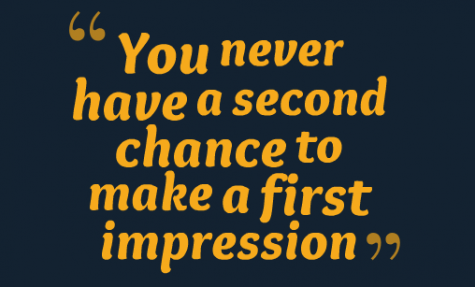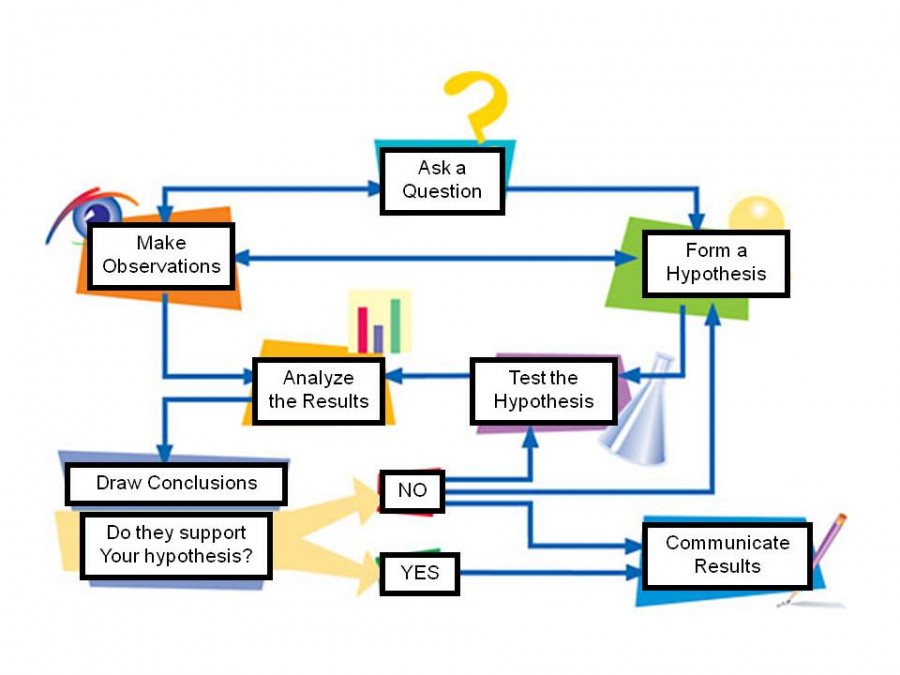Undergraduate Research Symposium on April 18
April 10, 2016
Ever wonder why women are willing to risk skin cancer for a good tan? Or how advertising affects memory? Or if steeping teabags longer makes the resulting beverage higher in caffeine?
What about how AIC students feel about the death penalty?
Curiosity on those topics should lead you straight to the 8th annual AIC Undergraduate Research Symposium, where students showcase the research they have done on a variety of topics.
The symposium will be held on Monday April 18 from 3 to 4:30 p.m. in the West Wing. All are welcome, and snacks will be served.
This year’s symposium will feature four presentations where students explain their research processes, illustrating their points with slides on the work they have done the past semester or, in come cases the full academic year. The audience is welcome to ask questions and engage in dialogue with the researchers.

There will also be six poster presentations lining the West Wing, with student researchers on hand to discuss their work.
Lesley LaMarche, Direct of Tutoring who organizes the symposium, said this year’s presentations promise to be as dynamic as in past years.
“Students have designed their own research study based on a topic of personal interest, formulated their own hypotheses, collected and analyzed data before forming their final conclusions,” LaMarche explained.
“During the process, students work closely with their faculty mentors to maintain the integrity of the research,” she added.
Student researchers may come from any academic discipline, but typically they are majoring in psychology, sociology and the sciences.
One participant will be Amanda Lapite, a senior psychology major who is researching first impressions and what factors influence how we perceive others. She is looking specifically at the ‘halo effect,’ or the tendency to transfer our overall impression about a person to an impression of their character, the ‘similar-to-me effect,’ or the tendency to prefer people who remind us of ourselves in some way, and the ‘warm-cold effect,’ where impressions of personal warmth draw us to a person.
“For my research, I hypothesized that the person in the video who is perceived as both attractive and warm will be seen as having more socially desirable personality characteristics than the person in the video that is seen as less attractive and cold,” Lapite said.
“It is also hypothesized that participants will rate the person in the video similar to how they rated themselves,” she added.

Lapite is doing her research as part of her participation in the Honors Program. She participated in the Research Symposium last year and, while the idea presenting makes her a bit nervous, she knows what a rewarding experience it will be.
“It’s great to have people come out and recognize the hard work you put into your research,” she said. “I wanted to create a valid and interesting study. It is always told to us how important first impressions are, so I think it will be interesting to see what my result say about first impressions. I think that it will be important to actually bring to light how much we gather about a person in such a short amount of time.”
LaMarche said that awards will be given to participants for best projects.



